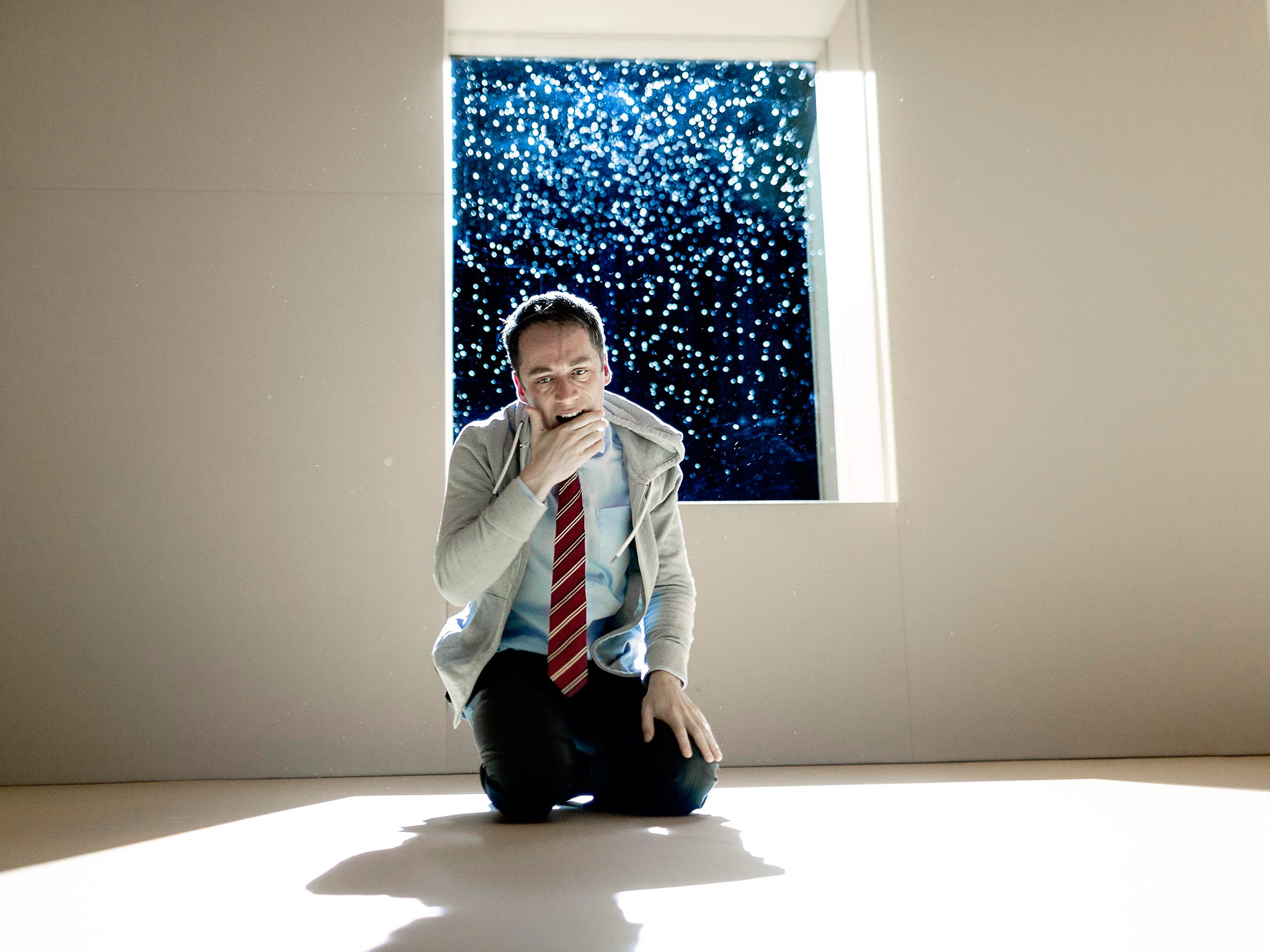Song From Far Away, Young Vic, review: A searching study of emotional insufficiency
Simon Stephens's first original work at the Vic is a meticulous production

Your support helps us to tell the story
From reproductive rights to climate change to Big Tech, The Independent is on the ground when the story is developing. Whether it's investigating the financials of Elon Musk's pro-Trump PAC or producing our latest documentary, 'The A Word', which shines a light on the American women fighting for reproductive rights, we know how important it is to parse out the facts from the messaging.
At such a critical moment in US history, we need reporters on the ground. Your donation allows us to keep sending journalists to speak to both sides of the story.
The Independent is trusted by Americans across the entire political spectrum. And unlike many other quality news outlets, we choose not to lock Americans out of our reporting and analysis with paywalls. We believe quality journalism should be available to everyone, paid for by those who can afford it.
Your support makes all the difference.“I have to say it came at a very inconvenient time”: that's Willem speaking, a 34 year old banker working in New York. He's irritated because a business meeting has been interrupted by a phone call from his mother. She tells him that his much younger brother, Pauli, has died of a heart attack and she summons him back to his estranged family in Amsterdam for the funeral. This news forces Willem into a painfully reluctant reckoning with his own alienated aridity and avoidance of involvement. Significantly, rather than stay in his childhood home, he checks into the Lloyd Hotel, famed for being the place where emigrants stayed while awaiting boats to take them to the New World. To postpone facing his grief-stricken parents, he feigns fatigue and spends his first night in Holland sleeping with a Brazilian guitar-collector whom he's picked up in a gay bar.
Simon Stephens's new play is a 75-minute meditative monologue – a searching study of impotently self-aware emotional insufficiency – in which Willem reports these things in the letters he writes each day to his dead brother. He had fended off Pauli when he was alive, never offering him that much-desired invitation to visit. Now, paradoxically, he subjects him to this unsparing and unsentimental posthumous intimacy. In his beautiful poem, “For Andrew Wood”, James Fenton writes that “I think the dead would want us/To weep for what they have lost”. But the bereavement has concentrated Willem's mind on what he himself has lost through his inadequacies as a properly participating lover, son, uncle, brother. The tears only flow during an embarrassing meeting with a former Dutch boyfriend (the rejected secret love of his life) when he realises that the man has found a happiness wholly oblivious of him.
The prolific Stephens has previously done adaptations for the Young Vic but this is the first original work of his to be staged here. This meticulous, poetically calibrated production is directed for Amsterdam's Toneelgroep by Ivo van Hove whose mesmeric version of A View From A Bridge was such a hit at this address. Able to switch in an instant from faintly camp, cynical superiority to a raw mess of feeling, Eelco Smits excellent literally lays himself bare: he's naked for most of the evening. Snow falls outside the dark windows and shadows glide across Jan Versweyeld's severe, rectilinear set (so redolent of the emptiness that travels everywhere with the protagonist) sometimes shrouding Willem in the silhouette-anonymity that a part of him craves.
Composer Mark Eitzel gets equal billing with Stephen but, to my ear, the eponymous song (“Go where love is”) is not the haunting experience it is cracked up to be. I could also have done with more clues as to why the brothers were estranged rather than the occasionally autopilot epitomising of the zeitgeist. But the play valuably leaves you wondering to what extent his confession to Pauli is a therapeutic prelude to genuine mourning. It closes with an ambiguous stage picture that could betoken a beginning or an end. Is grief now on the point of daring to speak its name?
Join our commenting forum
Join thought-provoking conversations, follow other Independent readers and see their replies
Comments